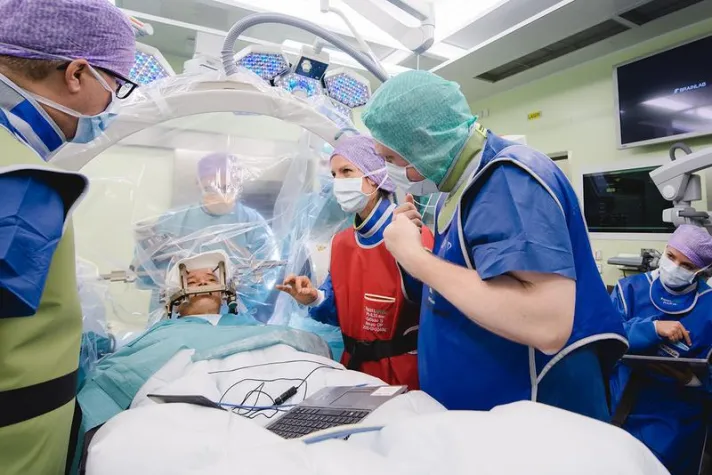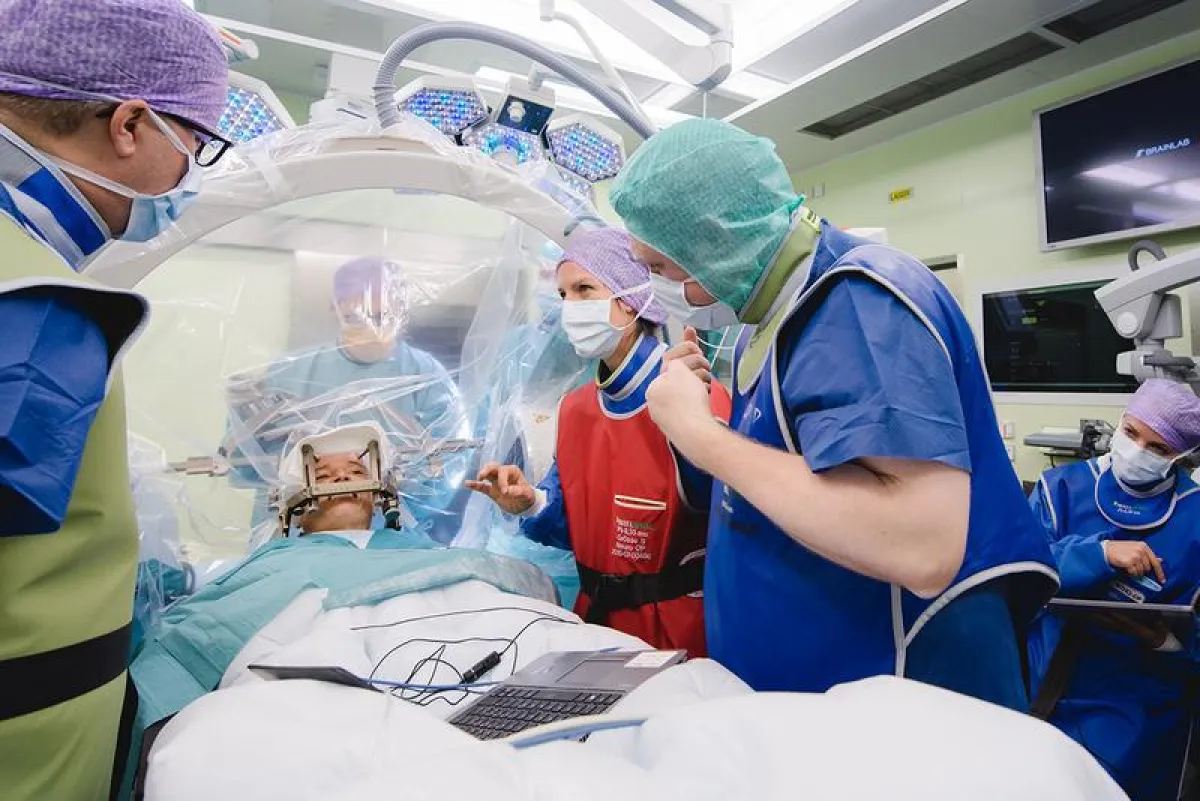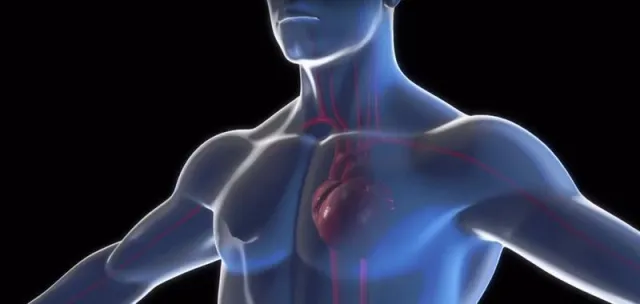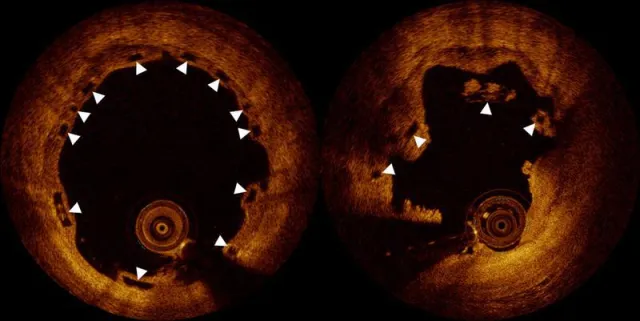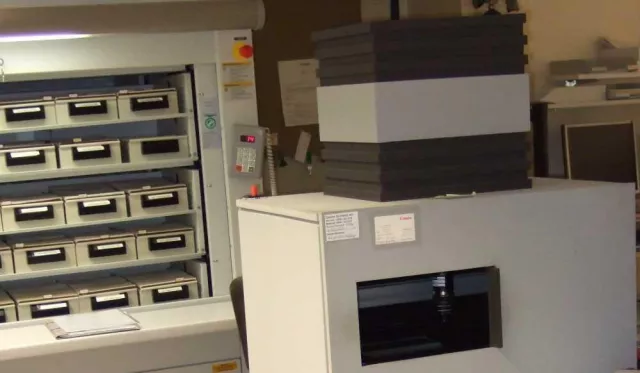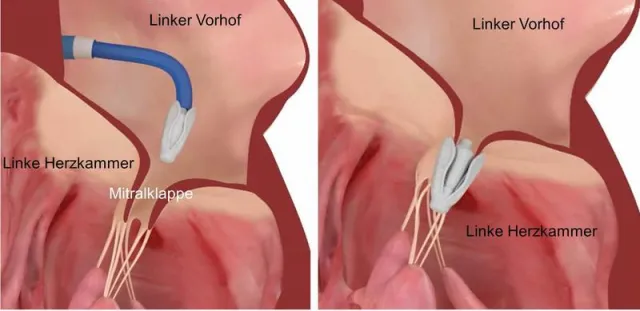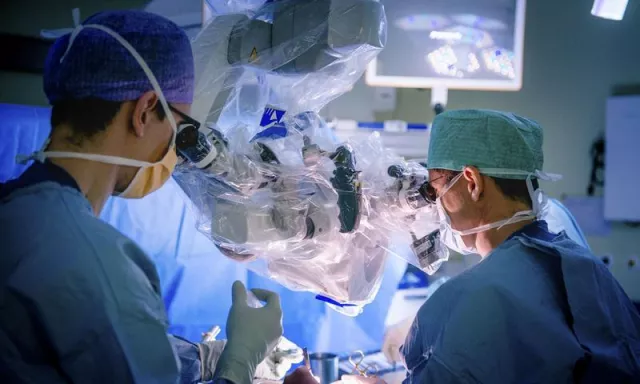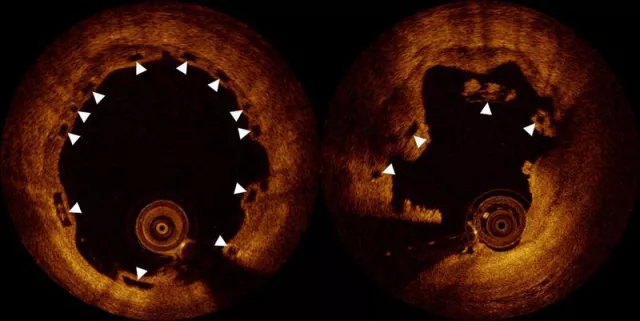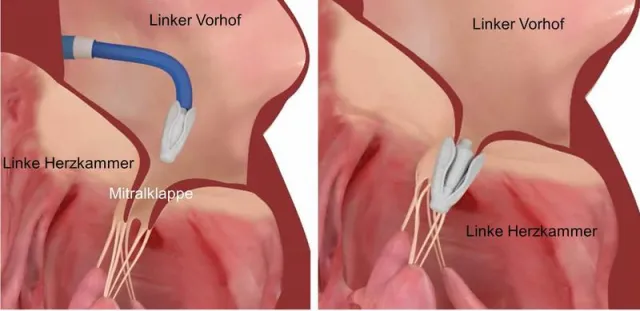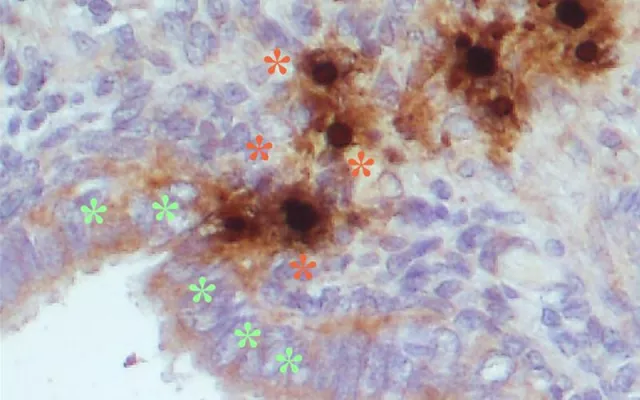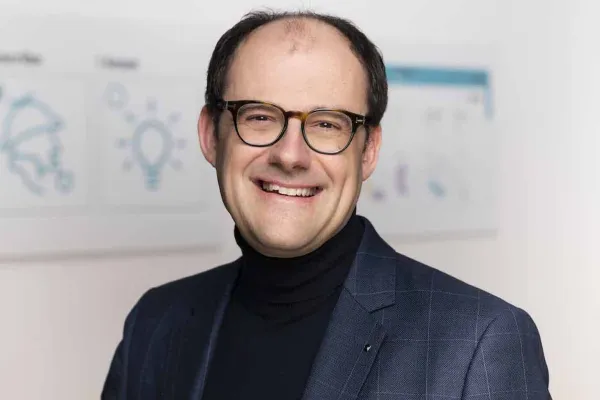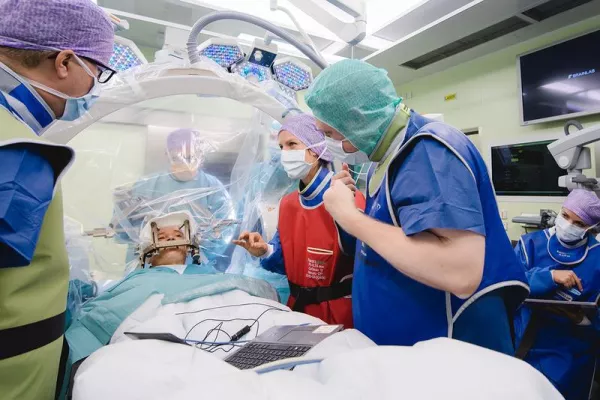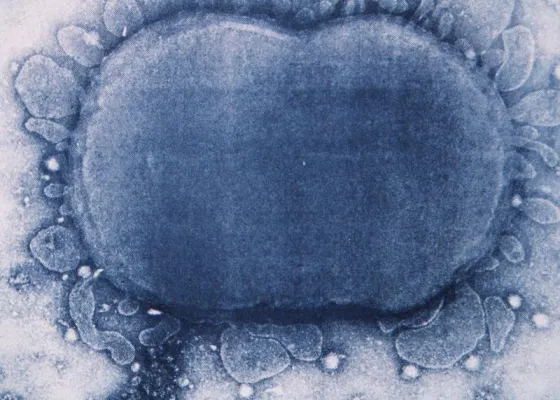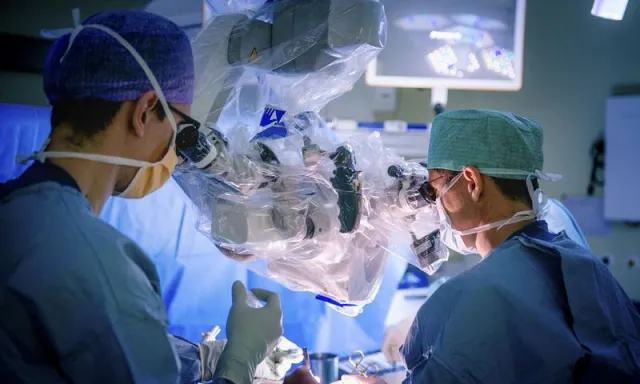(openPR) Yesterday, an interdisciplinary team of doctors of the University Neurological Centre of Bern carried out a deep brain stimulation against depression for the first time at the Inselspital, Bern University Hospital. For the patient, this procedure is her last hope for a cure.
---
During the last ten years, deep brain stimulation has become established as a treatment of motor disorders, such as e.g. Morbus Parkinson. The Inselspital, Bern University Hospital can look back on a long tradition in this area: in 1998, the first patient was treated using the technique of deep brain stimulation. Since then, the interdisciplinary team consisting of Prof. Dr. med. Claudio Pollo, Deputy Physician-in-Chief of the Department of Neurosurgery (Chairman of the Department Prof. Dr. med. Andreas Raabe), Dr. med. Ines Debove, Dr. med. Lenard Lachenmayer, Senior Physicians at the Department of Neurology (Chairman of the Department Prof. Dr. med. Claudio Bassetti) and PD Dr. med. Michael Schüpbach, Medical Consultant, have been carrying out more than 40 such operations a year at the Inselspital, Bern University Hospital.
First patient suffering from a severe Depression
It is however the first time that this intervention has been carried out on a depressive patient. “Whereas for Parkinson’s patients I pass the electrodes through the top of the skull into the inside of the brain to the subthalamic nucleus, i.e. to a region of the brain that helps control motor activity, with the depressive patient I am implanting the electrodes in the area of the nucleus accumbens, a region of the brain connected with mood disorders and motivation”, says neurosurgeon Claudio Pollo, describing his task.
Although the procedure is similar, deep brain stimulation for psychiatric illnesses is still at a very early stage. “Worldwide, around 150 cases have been published to date, mostly within studies”, explains the neurologist Ines Debove. “The findings, however, are so promising that deep brain stimulation will probably be used more often for psychiatric illnesses in future.”
Interdisciplinary team with enormous Expertise
Prof. Dr. med. Sebastian Walther, Deputy Director and Chief Physician of the Department for Psychiatry and Psychotherapy of the University Psychiatric Services of Bern (UPD), is the treating psychiatrist. “The patient has been suffering from severe, therapy-resistant depression for two decades. Deep brain stimulation is her last hope, after all other forms of treatment, such as disorder-specific psychotherapy, pharmacotherapy and non-invasive brain stimulation procedures, have proven fruitless”, he explains.
The interdisciplinary cooperation within neuromedicine and the long-established expertise of the University Neurological Centre of Bern have made it possible for deep brain stimulation to also be applied for depression.
In deep brain stimulation (DBS), tiny electrodes are implanted in the patients’ brains in a precise, minimally-invasive neurosurgical intervention. These electrodes feed chronic electronic impulses to the brain via a brain pacemaker, which is implanted in the chest area under the collarbone. Neurologists set the brain pacemaker via an external programming device. This fine adjustment can last days to weeks and be adjusted at any time.
Media enquiries:
Prof. Dr. med. Claudio Pollo, Deputy Physician-in-Chief, Department of Neurosurgery, Inselspital, University Hospital of Bern (for the description of the intervention)
Dr. med. Ines Debove, Chief Physician at the Centre for Movement Disorders, Department of Neurology, Inselspital, University Hospital of Bern (for the effect of the stimulation electrodes and their setting)
Prof. Dr. med. Sebastian Walther, Deputy Director and Chief Physician, Department of Psychiatry and Psychotherapy, University Psychiatric Services of Bern (UPD) (for the mental illness of depression)
Contact via Kommunikation Insel Gruppe AG,
Weitere Informationen:
- http://Deep Brain Stimulation (in German):
- http://www.neurochirurgie.insel.ch/spezialgebiete-erkrankungen/operationsverfahren/tiefenhirnstimulation/
Quelle: idw
